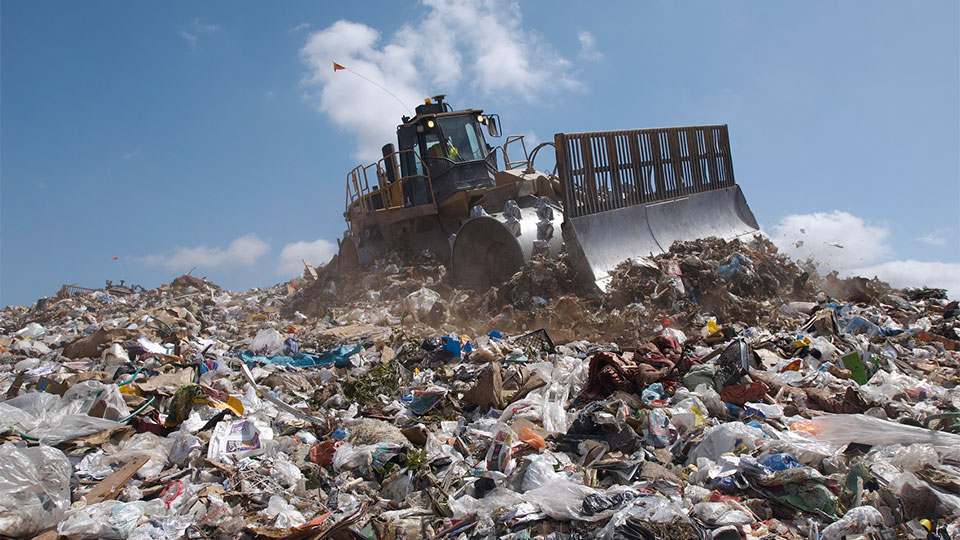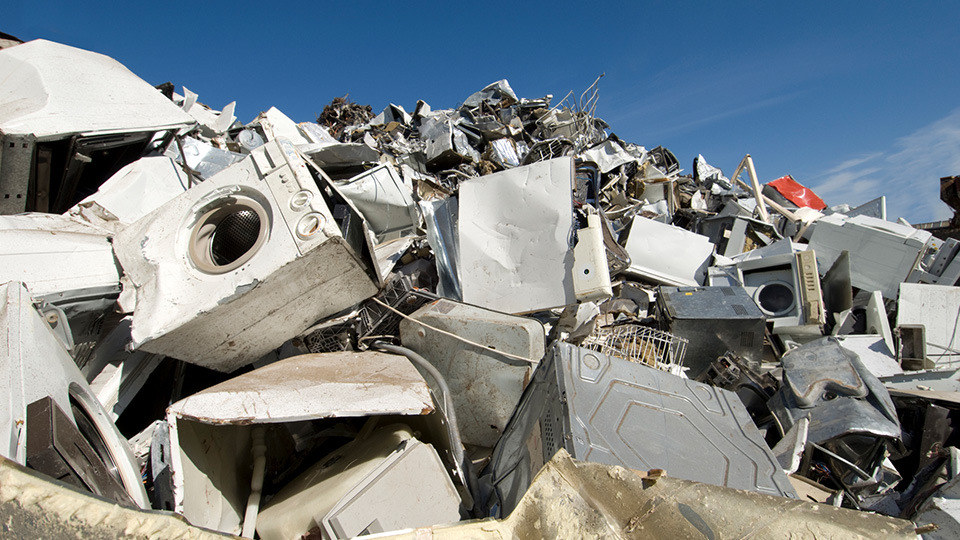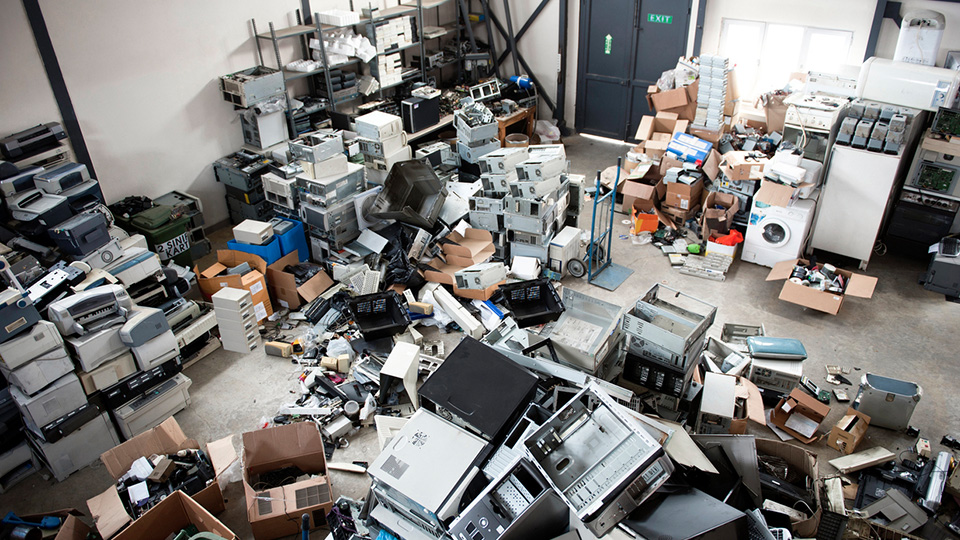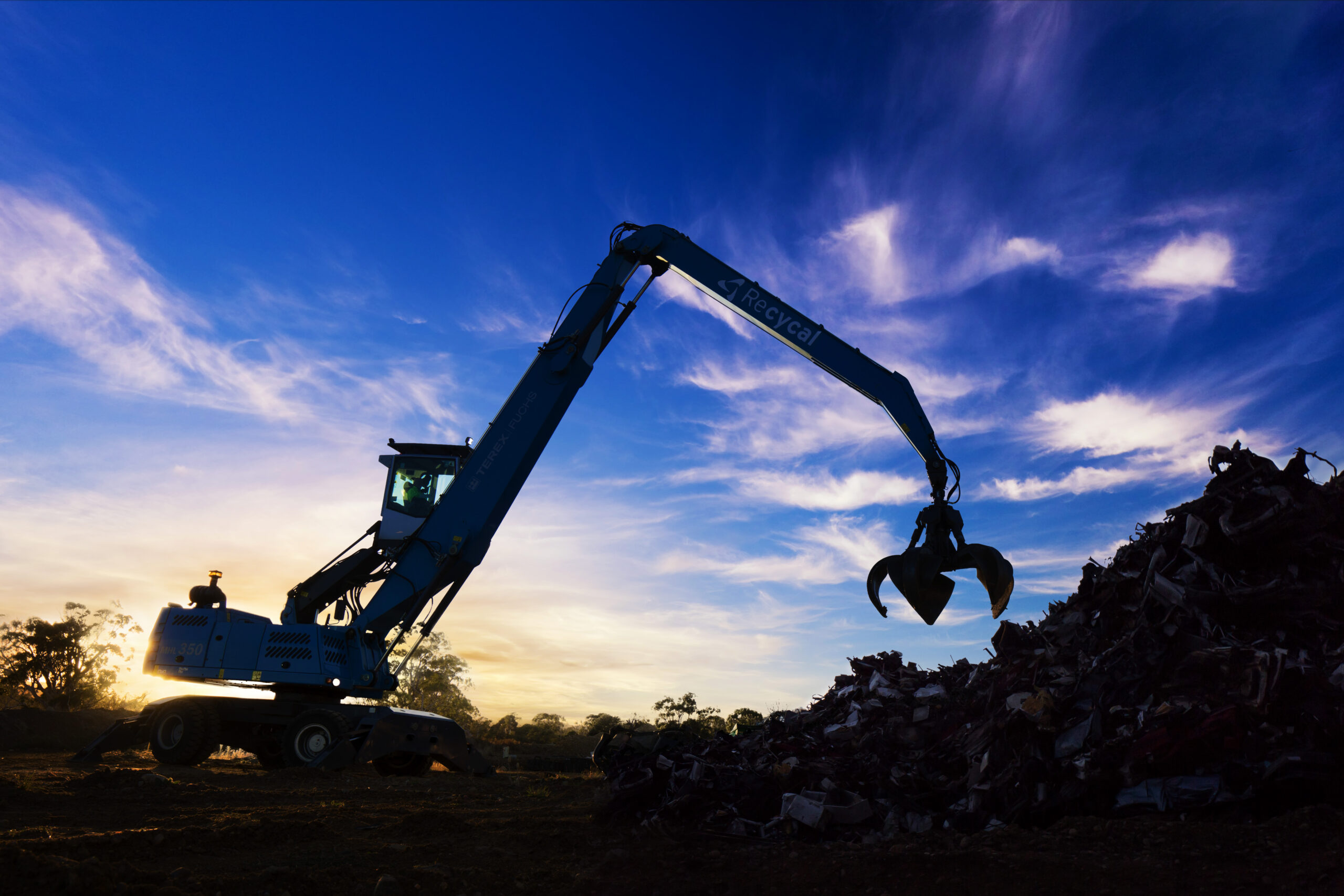Sports clubs and recreational facilities are all about promoting health. And sport and exercise aren’t just about physical fitness: they also provide important psychological and social benefits.
So, with all this focus on creating wellbeing, it would be a real tragedy if sports clubs and recreational centres undid some of that good work by contributing to environmental damage.
Let’s face it. We all generate waste in all sorts of ways by just going about our normal activities. It’s the same for sporting clubs. Some of the most visible waste problems might be disposable cups and food waste from the kiosk and paper from the office, but many recreational facilities have some less obvious and more dangerous waste issues to deal with.
Here are 5 things that sports clubs and recreational centres can recycle:
1. Lighting
It takes some pretty impressive light globes to illuminate hockey fields and footy ovals, swimming pools and basketball courts. The problem is that many of the high-intensity lights still in common use contain mercury. The same applies to more everyday lights like the fluorescent tubes and compact fluorescent lamps used in office areas.
The good news is that all of these lamps, which represent a very real hazard if dumped in landfill where they often get broken, can be safely and cost-effectively recycled with the mercury, glass and metal components all finding new uses.
2. Exercise equipment
Treadmills, cross-trainers, rowing machines: just some of the essential contributors to a good workout. But exercise equipment takes a real beating and will eventually wear out. And these days a lot of exercise equipment contains a bunch of electronic components.
E-waste contains both nasty and nice things, including mercury, lead, and gold, along with plain old steel and plastic. All are resources of value that can be put back into good use via appropriate recycling programs.
3. Computers and electrical equipment
The same applies to computers and many other electrical items. With computers, up to 80% of the weight can be steel, aluminium and copper – all highly recyclable. The glass in old-style computer monitors contains a lot of lead, but specialist recyclers can ensure this is safely handled.
4. Batteries
Batteries are everywhere, including in portable equipment used by sporting clubs and, with tens of millions discarded in Australia each year, they are a significant waste problem. Not only is it easy for sports clubs to recycle their batteries, recreational facilities can make an even greater contribution by offering a battery recycling service to their members.
5. The usual suspects
Like households and businesses, recreational facilities can generate plenty of general, recyclable waste. Paper and cardboard, plastic and glass bottles, aerosol cans and aluminium drink cans can either be disposed of through council-provided recycling bins or bins readily available from a number of recycling companies.
Tracking it
Recovering materials via recycling is one thing. Ensuring those materials are put to good use is another. But some sports facilities are helping out and putting recycled materials back to good use. Perhaps one of the best examples is athletics tracks made with rubber recovered from old car tyres.
How to get involved
Smaller clubs and facilities that do not require large recycling bins can simple order an appropriately sized recycling lighting box or battery bucket.
But when it comes to larger facilities generating significant amounts of lighting, battery and electronic waste, partnering with an experienced recycling company is the way to go.
Not only is Ecocycle Australia’s most experienced recycler of mercury-containing waste; it also handles bulk quantities of battery and e-waste.
To help your sports club or recreational facility make for a healthier environment, give us a call on 1300 32 62 92, or fill out the form below, and one of our recycling specialists will be in touch.





